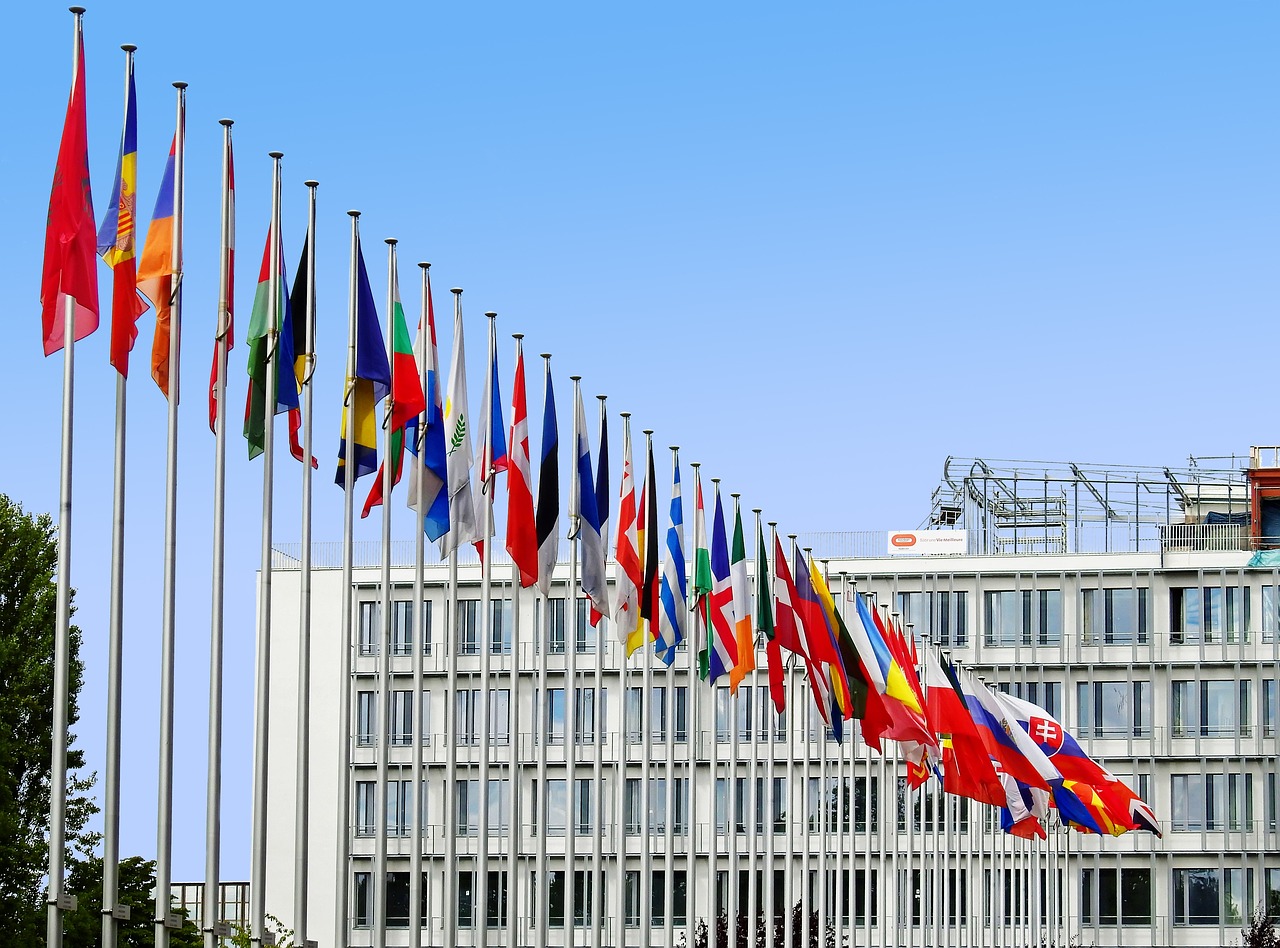France Video
Navigating Local Taxes and Business Regulations in France
France is a popular destination for entrepreneurs and businesses looking to expand or establish a presence in Europe. However, understanding the local tax system and business regulations is essential to ensure compliance and make informed decisions. In this article, we will explore the intricacies of navigating local taxes and business regulations in France, providing you with the necessary knowledge to thrive in the French market.
1. Types of Taxes
To begin, let’s delve into the various types of taxes that businesses operating in France may encounter:
- Corporate Income Tax (CIT): This tax is levied on the profits generated by companies in France. The standard rate is 31%, but certain reductions and exemptions may apply based on the company’s size and activities.
- Value Added Tax (VAT): VAT is a consumption tax imposed on the sale of goods and services. The standard rate is 20%, with reduced rates of 10% and 5.5% applicable to specific products and services.
- Local Business Tax (CFE): CFE is a local tax imposed on businesses. The amount varies depending on the location and size of the company.
- Employer Payroll Taxes: Employers in France are responsible for contributing to social security, unemployment insurance, and other employee benefits. These contributions are based on the employee’s salary.
- Capital Gains Tax: Capital gains tax is applicable when selling assets, such as property or shares, and is calculated based on the profit made from the sale.
2. Tax Reporting and Compliance
Complying with tax regulations is crucial for businesses in France. Here are some key aspects of tax reporting and compliance:
- Fiscal Year: The fiscal year in France generally runs from January 1st to December 31st. However, companies can choose a different fiscal year if they obtain authorization.
- Accounting Standards: French businesses must adhere to the French Generally Accepted Accounting Principles (GAAP) when preparing financial statements.
- Tax Returns: Companies are required to file annual tax returns, reporting their income and expenses. These returns must be submitted to the French tax authorities by a specified deadline.
- Audit Requirements: Certain businesses, based on their size and activities, may be subject to mandatory audits conducted by certified public accountants.
- Transfer Pricing: Multinational companies operating in France must comply with transfer pricing regulations to ensure transactions between related entities are conducted at arm’s length.
3. Business Registration and Legal Structures
Before commencing operations in France, businesses must understand the various legal structures and registration requirements. Here are some key points to consider:
- Sole Proprietorship: Also known as “Entrepreneur Individuel,” this legal structure allows individuals to operate a business on their own. The owner is personally liable for the business’s obligations.
- Partnerships: Partnerships, such as general partnerships (Société en Nom Collectif) and limited partnerships (Société en Commandite Simple), involve two or more individuals or entities sharing profits and liabilities.
- Limited Liability Company (SARL): SARL is a popular legal structure in France, providing limited liability protection to shareholders. It requires a minimum of one shareholder and can have a maximum of 100 shareholders.
- Public Limited Company (SA): SA is suitable for larger businesses and requires a minimum share capital of €37,000. It offers more flexibility and can issue shares to the public.
- Registration Process: To register a business in France, you need to complete the appropriate forms, provide necessary documentation, and pay the required fees. The process can be done online through the French Business Formalities Center (CFE).
4. Employment Regulations
Employment regulations in France are designed to protect workers’ rights. Here are some key aspects to consider when hiring employees:
- Working Hours: The standard working week in France is 35 hours. Overtime work is subject to additional compensation.
- Minimum Wage: The current minimum wage in France is €10.25 per hour (as of 2021). It is adjusted annually based on inflation and economic conditions.
- Employment Contracts: Employers must provide written employment contracts to their employees, outlining the terms and conditions of their employment.
- Termination of Employment: There are specific procedures and regulations that employers must follow when terminating an employee’s contract, including notice periods and severance pay.
- Employee Benefits: French employees are entitled to various benefits, including paid vacation, sick leave, parental leave, and healthcare coverage.
5. Intellectual Property Rights
Protecting intellectual property is crucial for businesses operating in France. Here are some key points to consider:
- Trademarks: Registering a trademark with the French National Institute of Industrial Property (INPI) provides legal protection for your brand and prevents others from using it without permission.
- Patents: Patents protect inventions and technical innovations. To obtain a patent in France, you must file an application with the French Patent Office.
- Copyright: Copyright automatically protects original works of authorship, such as literature, music, and art. However, registering your copyright with the French National Copyright Office (CNDA) strengthens your legal protection.
- Trade Secrets: Protecting trade secrets involves implementing measures to keep valuable information confidential and prevent unauthorized disclosure.
- Enforcement: In case of intellectual property infringement, businesses can take legal action through the French judicial system to protect their rights.
6. Local Business Support
France offers various resources and support systems to help businesses navigate local taxes and regulations. Here are some key institutions and services available:
- Chamber of Commerce and Industry (CCI): The CCI provides guidance and support to businesses, offering services such as business registration assistance and access to networking opportunities.
- Business France: Business France is a government agency that assists international companies in expanding their operations in France. They provide market research, investment support, and matchmaking services.
- Local Tax Offices: Local tax offices can provide information and assistance regarding tax obligations specific to your location.
- Professional Associations: Joining professional associations related to your industry can provide valuable networking opportunities and access to industry-specific resources.
- Legal and Accounting Services: Engaging the services of local legal and accounting professionals can help ensure compliance with local regulations and tax requirements.
7. Image

8. Conclusion
Navigating local taxes and business regulations in France is essential for the success of any business operating in the country. Understanding the different types of taxes, compliance requirements, legal structures, employment regulations, intellectual property rights, and available support systems is crucial to ensure smooth operations and compliance. By being well-informed and seeking the assistance of professionals when needed, businesses can thrive in the French market.
9. Image

10. References
– French Ministry for Europe and Foreign Affairs: diplomatie.gouv.fr
– French Business Formalities Center (CFE): cfe.fr
– French National Institute of Industrial Property (INPI): inpi.fr
– French Patent Office: brevets-patents.com
– French National Copyright Office (CNDA): cnda.fr
– Chamber of Commerce and Industry (CCI): cci.fr
– Business France: businessfrance.fr


